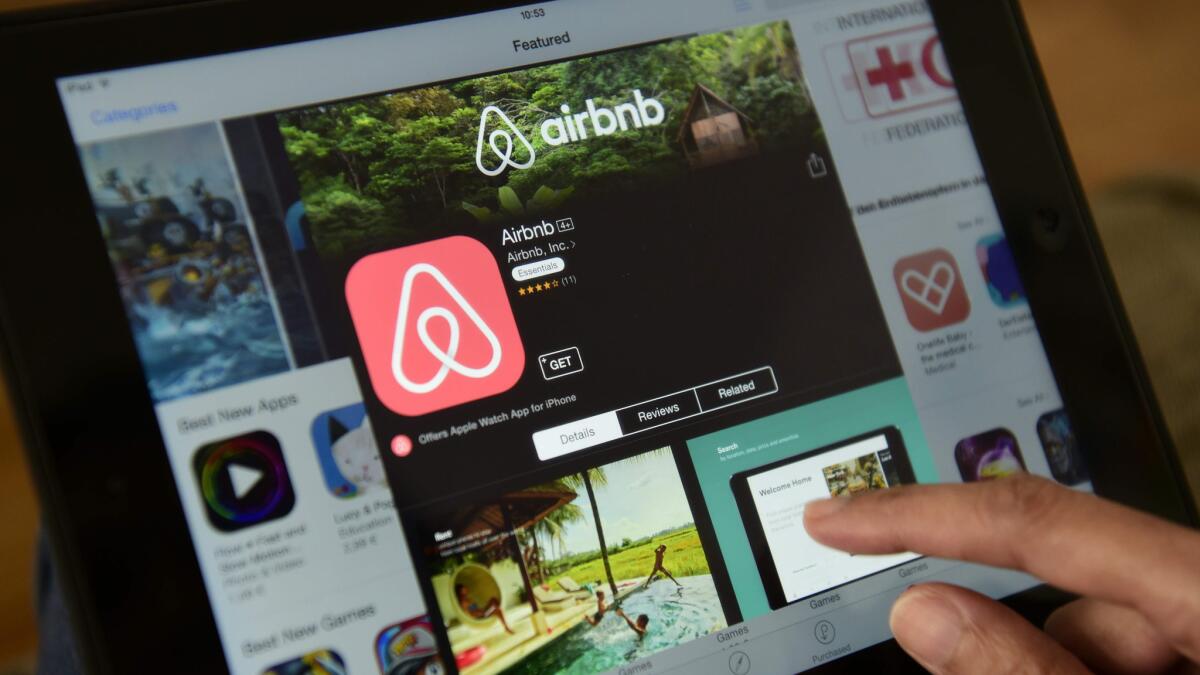Are Airbnb hosts in greater danger of identity theft?

If you rent out your home or apartment through an online rental site like Airbnb, you could be a greater risk of being a victim of identity theft.
That is the warning from the identity monitoring firm LifeLock, which conducted a survey of about 1,000 American adults and found that 41% said they have snooped through the private items of homes they have visited or rented.
That rate is higher, 57%, among millennials, who are most likely to use rental sites like Airbnb.
Identity theft and short-term rentals are phenomena that have grown in the digital age. But there is yet no data to show a direct link between the growth of identity theft and the surging popularity of short-term rentals.
Still, Paige Hanson, chief of identity education at LifeLock, said home sharing increases the risk of identity theft because it gives travelers access to private homes and personal data, a problem that doesn’t exist when travelers stay at hotels.
“There will always be those bad actors who use those services to find victims,” she said.
Airbnb, the largest home-sharing business, advises people who rent out homes through their website to lock up their personal papers and stop their mail when renters are in the homes.
But if an Airbnb host has his or her identity stolen, Airbnb spokesman Nick Shapiro said, the company will pay for the services of Allclear, an identity repair and protection firm.
To read more about the travel and tourism industries, follow @hugomartin on Twitter.







